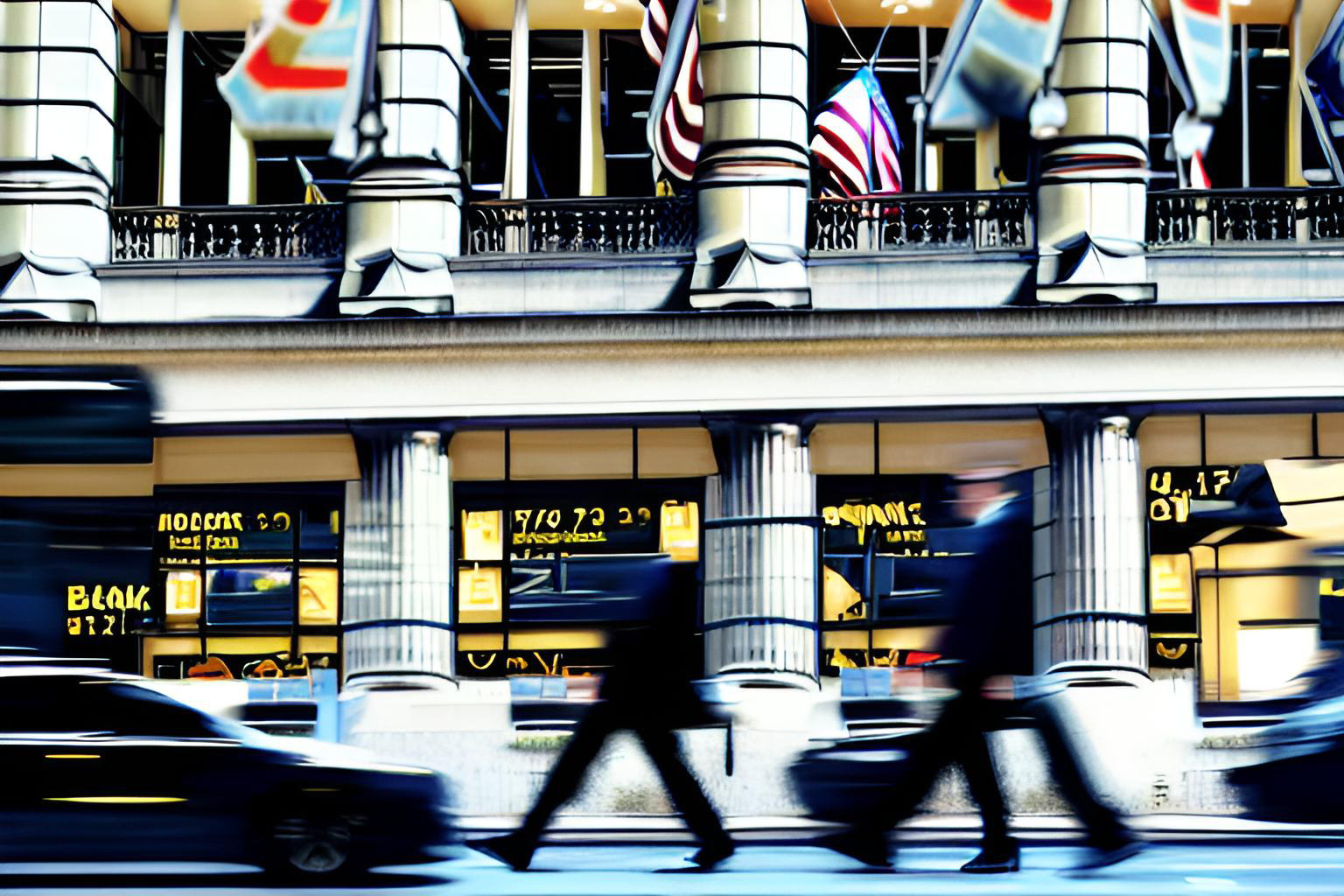As turbulence plagues the U.S. banking system, almost half of Americans express anxiety over the security of their money in banks and other financial institutions. A recent Gallup poll found that 48% of adults in the U.S. are concerned about their finances, with 19% being “very” and 29% being “moderately” worried. In contrast, 30% of respondents are “not too worried,” and 20% are “not worried at all.”
The poll was conducted between April 3-25, following the collapse of Silicon Valley Bank and Signature Bank. News of First Republic’s failure emerged after the poll’s completion. Most U.S. bank failures over the past 20 years have been associated with the 2008 financial crisis, which was the last time Gallup assessed Americans’ concerns about their money in banks or other financial institutions.
The current findings are comparable to those in 2008. In September that year, after Lehman Brothers’ collapse, 45% of U.S. adults reported being very or moderately worried about their money’s safety. In December, after Congress’ Troubled Assets Relief Program (TARP) rescued other banks at risk of failure, Americans were slightly less concerned, with 41% being very or moderately worried.
Higher levels of worry about banks are observed among Republicans, independents, middle- and lower-income adults, and those without a college degree. Majorities of Republicans (55%) and independents (51%) are at least moderately worried, compared to 36% of Democrats. Similarly, 54% of U.S. adults without a college degree are very or moderately worried, while only 36% of college graduates share the same concerns. Approximately half of Americans with an annual household income below $100,000 express worry about their money, while only 40% of those with higher incomes do.
After several high-profile U.S. bank failures, about half of Americans are concerned about the safety of their money in banks and other financial institutions. This is similar to the level of concern measured during the 2008 financial crisis when previously thought “too big to fail” institutions collapsed. Although Gallup has not measured this during more stable periods for the banking industry, the December 2008 reading indicated slightly reduced concern after the crisis was addressed, suggesting high worry about deposit security may not be typical for Americans.
It remains unclear whether Americans’ increased concern about their own deposits reflects a lack of knowledge about the protections provided by federal deposit insurance for small accounts or fear of a snowball effect that could overwhelm federal insurance. The Federal Deposit Insurance Corporation (FDIC), a U.S. federal government agency, insures $250,000 per depositor, per insured bank, for each account ownership category. Nevertheless, lower-income adults, those without a college degree, and Republicans are more worried than their counterparts. Their increased worry may result from a lack of knowledge about FDIC insurance or may be tied to dissatisfaction with the current presidential administration and the U.S. economic situation.

